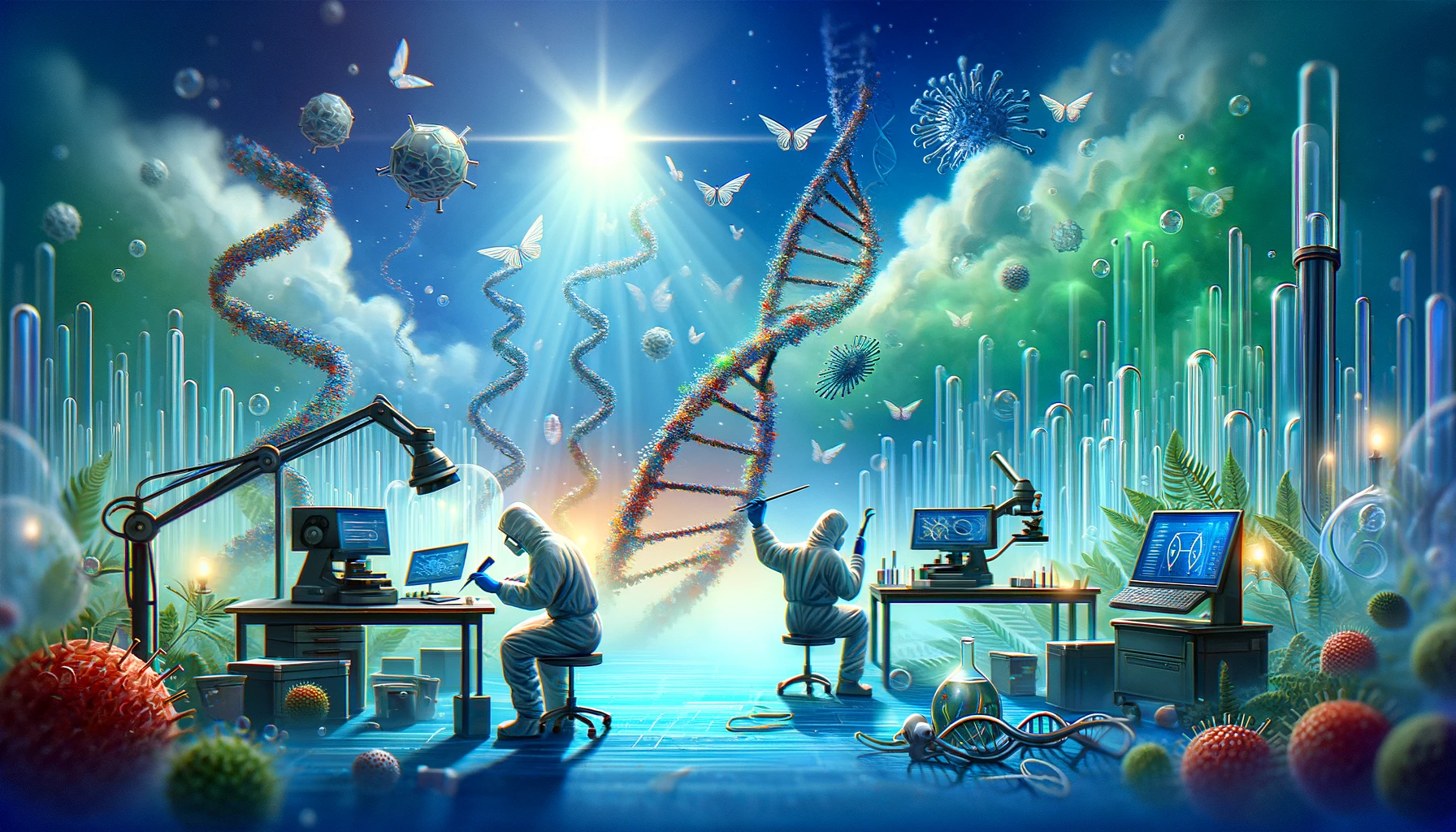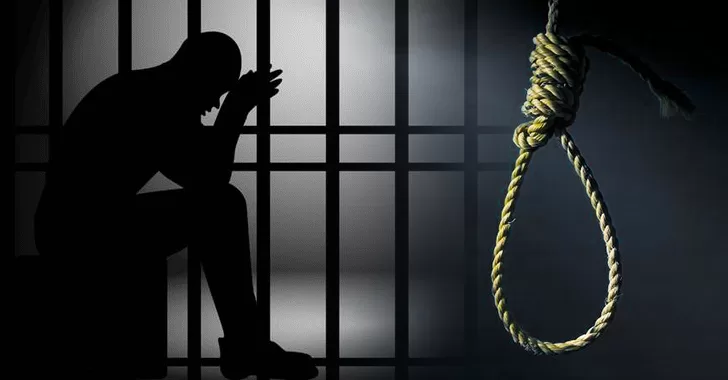Criminology is the study of criminal behavior and its interactions with the legal system, incorporating theories, crime prevention, and societal implications.
Criminology: Unraveling the Web of Criminal Behavior and Its Legal Implications
Criminology is a multifaceted field of study that delves deep into the heart of criminal activity, seeking to understand the underpinnings of criminal behavior and how the legal system responds to it. This expansive discipline encompasses a wide array of theories, methodologies, and principles, all of which are crucial in comprehending, preventing, and addressing crime. In this exploration of criminology, we will journey through its key components, theories, and the vital role it plays in shaping our understanding of criminality and the justice system.
Key Components of Criminology
Criminology, as a discipline, incorporates several key components:
- Criminal Behavior Analysis: Central to criminology is the study of why individuals engage in criminal activities. Criminologists seek to identify the root causes of criminal behavior, exploring factors such as psychological, sociological, and environmental influences.
- Crime Prevention: Understanding the causes of crime is pivotal in developing strategies for crime prevention. Criminologists work alongside law enforcement and policymakers to design effective crime prevention programs and policies.
- Criminal Justice System: Criminology is intricately connected with the criminal justice system. It involves an in-depth examination of how the legal system operates, from policing and investigation to prosecution and sentencing.
- Victimology: The study of crime is incomplete without an understanding of its impact on victims. Criminologists also explore the experiences and needs of victims to improve support and restitution mechanisms.
- Societal Implications: Criminology analyzes the broader societal implications of criminal behavior, such as the economic, social, and political effects of crime.
Criminological Theories
Criminologists utilize various theories to explain and predict criminal behavior. Some of the most prominent theories include:
- Classical Criminology: Rooted in the works of theorists like Cesare Beccaria and Jeremy Bentham, classical criminology posits that individuals engage in criminal behavior when the perceived benefits outweigh the risks. It highlights the significance of deterrence through punishment.
- Positivist Criminology: This theory, championed by Cesare Lombroso, suggests that criminal behavior results from factors beyond an individual’s control, such as biological, psychological, or sociological elements. It seeks to identify the determinants of criminal behavior.
- Strain Theory: Developed by Robert K. Merton, strain theory argues that individuals turn to crime when they cannot achieve culturally approved goals through legitimate means. It emphasizes the role of societal structures and inequalities.
- Social Learning Theory: Criminologists like Edwin Sutherland propose that criminal behavior is learned through interactions with others. This theory underscores the importance of social influences and associations.
- Routine Activities Theory posits that criminal opportunities arise when a motivated offender encounters a suitable target without capable guardianship. It underscores the significance of situational factors.
The Role of Criminology in Society
Criminology serves as the linchpin between understanding the complexities of criminal behavior and developing strategies to address it. Its significance in society is profound:
- Crime Prevention: By identifying the root causes of criminal behavior, criminology informs the development of effective crime prevention programs. It aids in designing policies and interventions to reduce crime rates.
- Criminal Justice Reform: Criminology plays a pivotal role in advocating for and shaping reforms within the criminal justice system. It helps address issues of fairness, effectiveness, and ethical considerations within the legal framework.
- Understanding Victimhood: Through victimology, criminology acknowledges the needs of crime victims and works to improve victim support mechanisms, ensuring that their voices are heard and their rights upheld.
- Public Policy: Policymakers rely on criminological research and insights to inform the creation of laws, regulations, and strategies that foster a just and safe society.
- Education and Advocacy: Criminologists contribute to education, advocacy, and public awareness campaigns that promote a deeper understanding of crime and justice issues.
In conclusion, criminology is an indispensable field that delves into the intricacies of criminal behavior, the legal system, and societal responses to crime. It serves as a beacon of knowledge, guiding us toward a more just and secure society.





